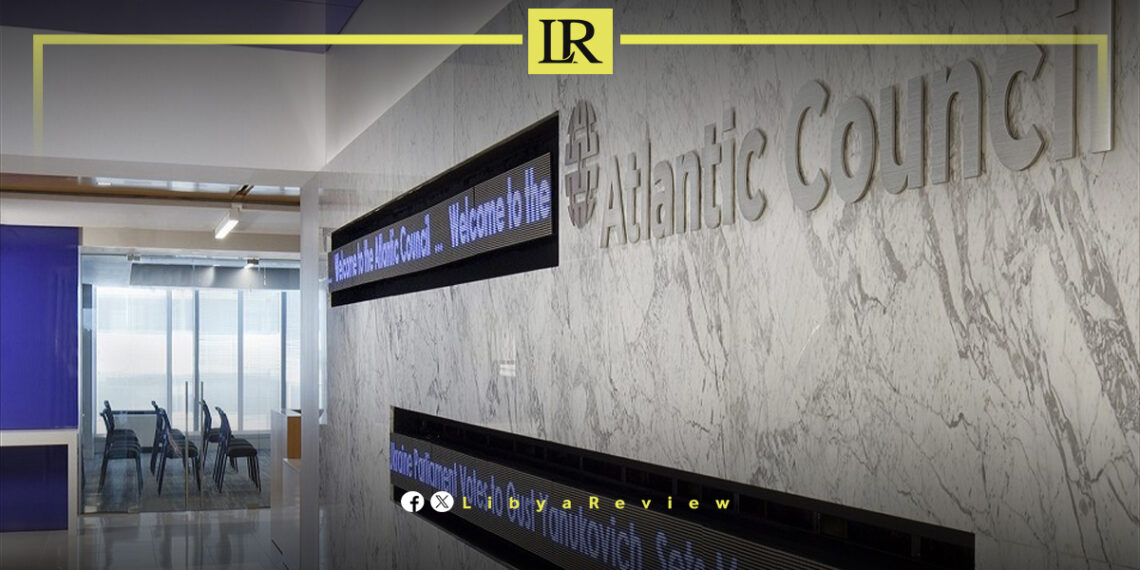The Atlantic Council has reported that Turkey and Italy have moved closer to the U.S. approach in managing the Libyan crisis, adopting a more balanced engagement with both eastern and western factions.
According to the Council, the recent meeting in Istanbul between President Recep Tayyip Erdoğan, Italian Prime Minister Giorgia Meloni, and the head of Libya’s Government of National Unity, Abdel-Hamid Dbaiba, marked a turning point in Ankara and Rome’s strategy toward Libya.
The report highlighted that both Turkey and Italy have opened direct channels with eastern Libya, where senior officials from the two countries have held talks with figures from the Libyan National Army leadership. This coordination, it said, is taking place in close but informal alignment with Washington, which has intensified its diplomatic efforts through U.S. Special Envoy Richard Norland and economic advisor Masad Boulos to advance institutional unification and economic reform.
The Atlantic Council noted that the United States remains focused on safeguarding Libya’s sovereign institutions, while Italy views Libya primarily through the lens of migration policy, and Turkey considers it a key strategic sphere. However, the report stressed that corruption and the influence of armed groups continue to obstruct any tangible progress toward lasting stability.
Libya has been in chaos since a NATO-backed uprising toppled longtime leader Muammar Gaddafi in 2011. The county has for years been split between rival administrations.
Libya’s economy, heavily reliant on oil, has suffered due to the ongoing conflict. The instability has led to fluctuations in oil production and prices, impacting the global oil market and Libya’s economy.
The conflict has led to a significant humanitarian crisis in Libya, with thousands of people killed, and many more displaced. Migrants and refugees using Libya as a transit point to Europe have also faced dire conditions.
The planned elections for December 2021 were delayed due to disagreements over election laws and the eligibility of certain candidates. This delay has raised concerns about the feasibility of a peaceful political transition.
Despite the ceasefire, security remains a significant concern with sporadic fighting and the presence of mercenaries and foreign fighters. The unification of the military and the removal of foreign forces are crucial challenges.


